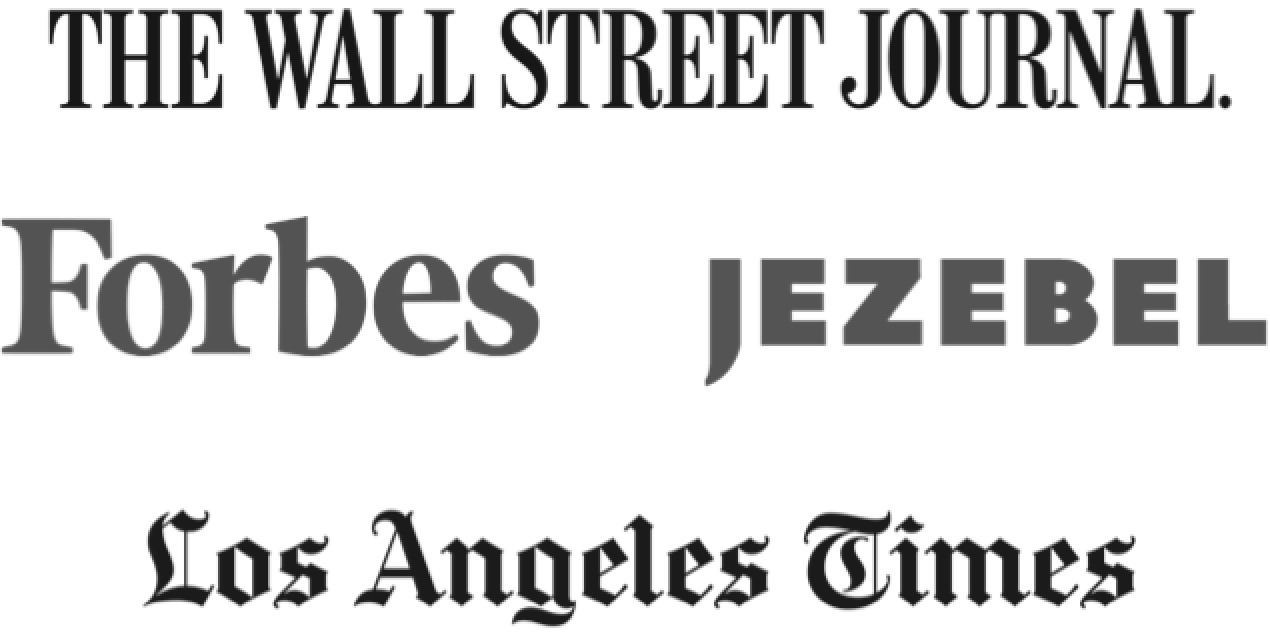Courage, risk-taking, integrity, authenticity – all of these play into effective leadership and executive presence. We are talking about these topics and more today as we find nuggets of wisdom and practical knowledge in today’s conversation with my amazing guest.
Suzanne Bates is the CEO of Bates, and is an internationally recognized thought leader in communicative leadership. She is the author of four bestselling business books, including Speak Like A CEO: Secrets for Commanding Attention and All the Leader You Can Be. In 2000, after a 20-year career as an award-winning television journalist, Suzanne founded Bates with a mission to help leaders shape the world by engaging, aligning, and inspiring people to act. In 2013, Suzanne and her team developed and launched The Bates ExPI (Bates Executive Presence Index), the first research-based, scientifically-validated assessment to measure executive presence. She’s a sought-after speaker and has been featured on the Today Show, the Wall Street Journal, Forbes, and the Huffington Post, among many other publications. In this episode, Suzanne and I talk about executive presence and how to cultivate it, the importance of authentic leadership, and how to develop leadership influence and get others to see your strengths.
The Midwestern work ethic
Suzanne grew up in the Midwest and learned the ethics of hard work and determination from her father, who was an entrepreneur and an attorney. After college, Suzanne took pioneering steps into the world of TV journalism, which was not a wide open field for women as it is today. She worked hard to move into major markets. Early on in Philadelphia, she established herself as someone who worked hard and was willing to go the distance. As a result, she got the best assignments and the lead stories. She says it’s about putting yourself in the position to be lucky and taking advantage of opportunities and taking risks.
Wanting more
As a TV journalist, Suzanne loved interviewing presidents, political figures, and famous people, and she loved being where major news events were happening. She knew she was capable of more and needed to take her career in her own hands to tap into her full potential. She started her company working with senior executives in large companies on their media presentations. She had felt the need to move on, even though it involved risks. Suzanne says that risk-taking is something you have to practice.
Becoming an expert on leadership
Suzanne became intrigued with what made great leaders. This is the moment she discovered her own purpose, and she discovered the missing piece to leadership was how to inspire and communicate. She explored topics like authenticity, which was a new idea at the time when she wrote her first book. She became a student of leadership, all while running her new company. She investigated what is wrapped up in executive presence and learned that most people really didn’t understand it. She learned how to develop and model it for others. Suzanne shares the four tenets of executive presence as how we engage, inspire, align, and move people to take action.
Don’t be an “empty suit”
Leadership boils down to the outer and inner qualities that people connect with. Character is at the core, with the elements of authenticity, integrity, concern, restraint, and humility. Without authenticity, your leadership is just an “empty suit” and means nothing. Nothing else matters except that your character and substance enable others to trust you. Merely looking the part is not authentic, but – you guessed it – an empty suit.
How others perceive you
Leaders have to recognize their strengths and understand the gap between their intention and how others perceive them. You don’t have to have a title to be a leader, but what makes a leader effective is engaging people and aligning them around a common purpose. Suzanne’s advice is to align and develop your strengths and build motivation to shape and sustain performance. She explains how vision and intentionality fit into leadership.
Authenticity is more than a buzzword
True leaders are real, genuine, transparent, and sincere in their interactions. It’s important to be yourself as you connect with other humans. Suzanne shares an example of Charlie Baker and his “Friday emails” to his employees, and how he gave the truth in authenticity. If you’re real with people, then you’ll never be accused of being a cheerleader or a phony.
Protect your integrity
Your integrity is the part of your character that you should protect at all costs and is a highly rated aspect of leadership. Integrity is acting with fidelity to values and beliefs – even if it costs you dearly. It’s also defined as doing the right thing, even when no one is looking. There is moral integrity and behavioral integrity, which means that your behavior can be interpreted differently than what you intend. Part of Suzanne’s work is to help leaders align intentions with what others perceive, so they win the hearts and minds of those who work for them.
The challenge of executive presence
The biggest mistakes are made by organizations who look at women and the challenge of executive presence as a “one size fits all” issue. Confidence is usually written about as a feeling you have about yourself, but Suzanne sees it in regards to how others see you. Do they see a leader being decisive and taking action? Organizations may look to “fix” the women in leadership, but Suzanne’s work focuses on how each leader can become better.
Deferential communication
The two aspects of deferential communication are beliefs and attitudes about where you belong and being able to communicate in a clear, concise, and compelling way. Women tend to use more words, but we have to have discipline if we want people to listen to us. Treat people with respect and earn respect with your ideas. Be a clear and innovative thinker and provide practical wisdom to every conversation. Don’t confuse being deferential with being courteous, and don’t make the mistake of using email as a tool of conversation. Suzanne wraps up with some practical advice about using email effectively, editing yourself, and figuring out the most important parts of what you need to say.
Highlights of the Episode:
- 4:02 – A big shift
- 5:52 – How to practice taking risks
- 6:52 – The scary part of a transition
- 10:20 – Becoming the expert on executive presence
- 14:46 – Four tenets of executive presence, three dimensions of a person, and five qualities of character
- 20:32 – Use vision and intentionality in leadership
- 27:07 – When enthusiasm and energy aren’t authentic to your style
- 31:12 – Integrity, transparency, and credibility
- 33:46 – Women and executive presence
- 39:14 – Deferential communication
- 41:55 – Being deferential is NOT being courteous
- 42:52 – Advice about email mistakes
- 45:32 – The Fem Five
Resources Mentioned:
- Suzanne’s Website: www.bates-communications.com – Check out “Perspectives” for the gift for listeners
- Connect with Suzanne Bates on LinkedIn
- Speak Like A CEO: Secrets for Commanding Attention by Suzanne Bates
- All the Leader You Can Be: The Science of Commanding Extraordinary Executive Presence by Suzanne Bates
The Fem Five:
1. Favorite book for women?
- No Ordinary Time: Franklin and Eleanor Roosevelt: The Home Front in World War II by Doris Kearns Goodwin
2. Favorite self-care hack?
- “Listening to podcasts while walking.”
3. Best piece of advice and who gave it to you?
- “My dad said, ‘Never feel guilty’.”
4. Female thought leader or CEO you’re into right now?
5. One piece of advice you’d give your five years younger self?
- “It’ll be OK.”
Last Time on The NextFem Podcast
The Mental Side of PCOS – It’s Not Just a Bad Mood – with Dr. Gretchen Kubacky
Subscribe to the show on iTunes (Android here).
Thanks SO MUCH to everyone who took the time to write a review on iTunes! If you write a review this week, send a screenshot to [email protected] and we’ll give you a shout-out!


